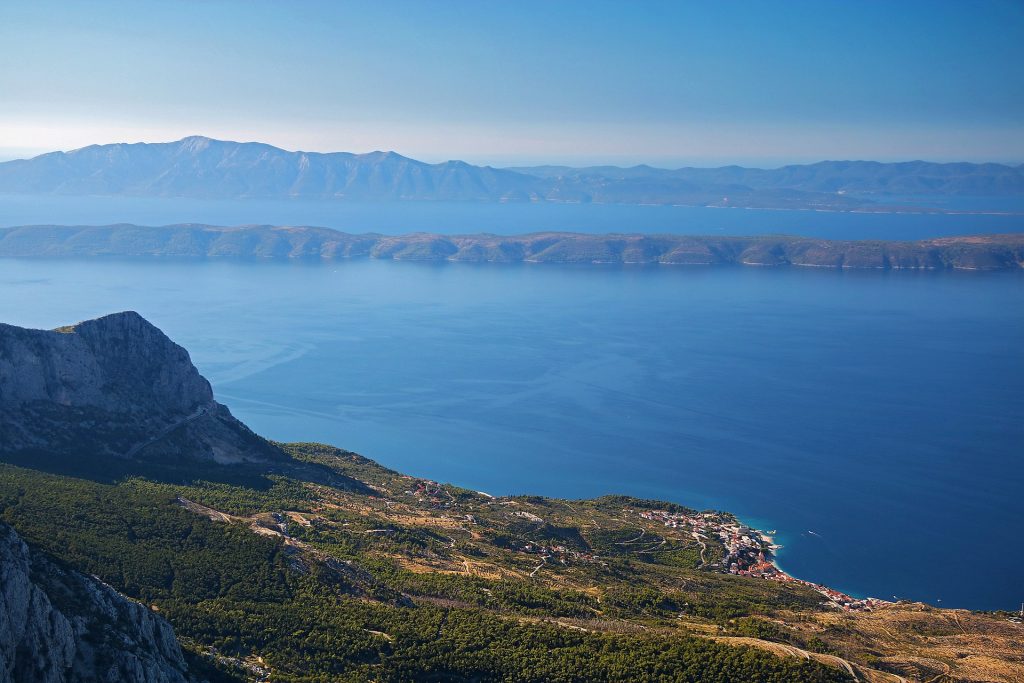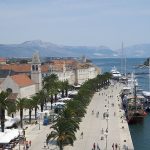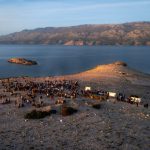May the 27th, 2024 – Climate change brings numerous effects with it, but the effects on the Croatian Adriatic will be pronounced owing to it being closed off and shallow.
As Poslovni Dnevnik writes, Mateo Ivanac, head of the InnovaMare Digital Innovation Hub, was a recent guest at N1 where he discussed the effects of climate change on the Croatian Adriatic. According to him, huge changes will eventually play out in these waters.
A project involving the Croatian Chamber of Commerce (HGK) was recognised by the European Commission (EC) for the blue economy. A key part of the project in the coming period is raising awareness of the impacts of the blue economy and the need for digital and green transformation.
There are two innovative robots, Korkyra, (for monitoring fish farms) and SWAMP (for monitoring environmental parameters in wetlands) and a system of smart buoys that will monitor the quality of the sea. The project has connected around 350 different stakeholders from Croatia and Italy, as both countries border the Adriatic Sea.
“The Adriatic Sea has the greatest impact of climate change and pollution on itself, as does the Baltic Sea. Technologies can be developed even now for situations that will occur in other seas, rivers and lakes”, revealed Ivanac, adding that it is very important to install cameras all over the Croatian Adriatic that will determine when species that aren’t native but invasive appear in it. In this way, according to Ivanac, fishermen can be helped in a timely manner as well.
InnovaMare is mostly financed by European Union funds, but they also have the support of local authorities and the competent ministry.
“The problem of the Croatian Adriatic is the increase in its temperature. It’s worse because it’s a shallow, closed off sea. We have to be careful because there will be big changes occurring in it in the future,” warned Ivanac.
“We have to see the alterations that will occur in the Croatian Adriatic as an opportunity. I would also like to announce that we are establishing a spin-off company that will deal with autonomous surface vessels,” he concluded.











